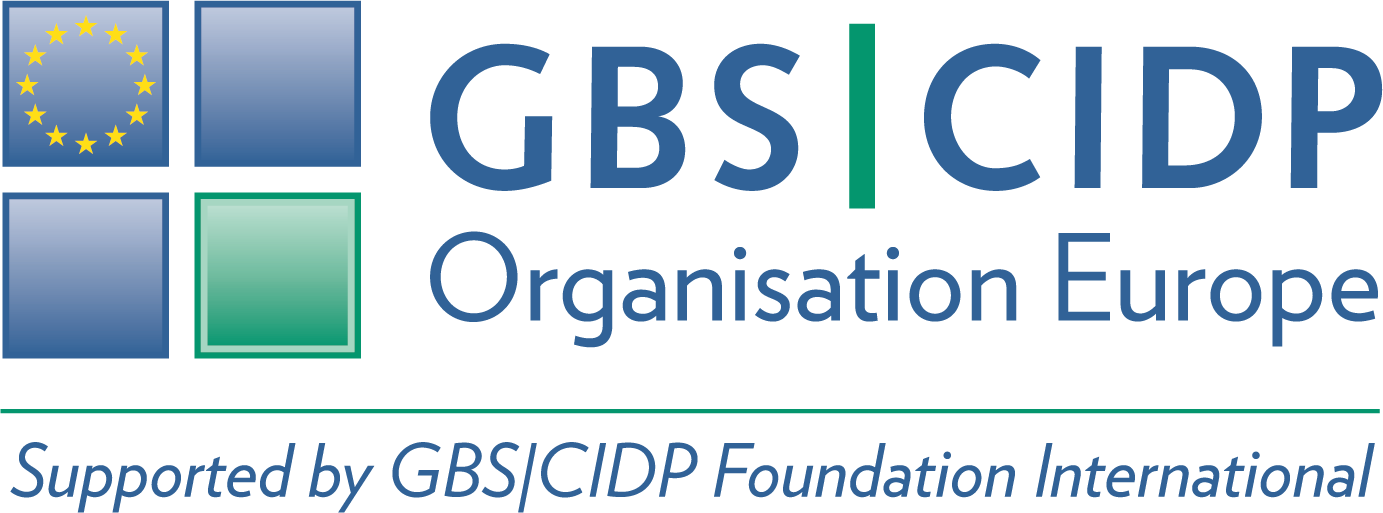Home » Foundation News » Dr. Bart Jacobs, Vice Chairman of GMAB, and co-authors, “Editor’s Choice,” Brain Journal
Dr. Bart Jacobs, Vice Chairman of GMAB, and co-authors, “Editor’s Choice,” Brain Journal

Regional variation of Guillain-Barré syndrome
Brain, Volume 141, Issue 10, 1 October 2018, Pages 2866–2877

An article published in Brain Journal, September 25, 2018, regarding research findings of the International Guillain Barre Outcome Survey (IGOS), partially supported by GBS|CIDP Foundation International, received the “Editor’s Choice.” Findings of IGOS are significant to the GBS community as noted in the abstract summary of the article below:
Guillain-Barré syndrome is a heterogeneous disorder regarding the clinical presentation, electrophysiological subtype, and outcome. Previous single country reports indicate that Guillain-Barré syndrome may differ among regions, but no systematic comparative studies have been conducted. Comparative studies are required to identify factors determining disease susceptibility, variation, and prognosis, and to improve diagnostic criteria. The International Guillain-Barré Syndrome Outcome Study is a prospective, observational cohort study including all patients within the diagnostic spectrum, aiming to describe the heterogeneity of Guillain-Barré syndrome worldwide. The current study was based on the first 1000 inclusions with a follow-up of at least 1 year and confirmed the variation in clinical presentation, course, and outcome between patients. The full clinical spectrum of Guillain-Barré syndrome was observed in patients from all countries participating in the International Guillain-Barré Syndrome Outcome Study, but the frequency of variants strongly differed between regions. “This is significant findings for the IGOS team and for researchers in the field of GBS,” said Dr. Jacobs. “We now know that there is an important factor that determines the clinical variant and depends on the region. This could be environmental factors as infections, or endogenous factors as genetic variation, that we will need to investigate further. The BRAIN paper is the first in an extensive series of studies in IGOS on GBS causes, diagnostic criteria, subtypes, treatment responses, outcome measures, prognostic models and long-term effects.”
For full article: Brain, Volume 141, Issue 10, 1 October 2018, Pages 2866–2877
